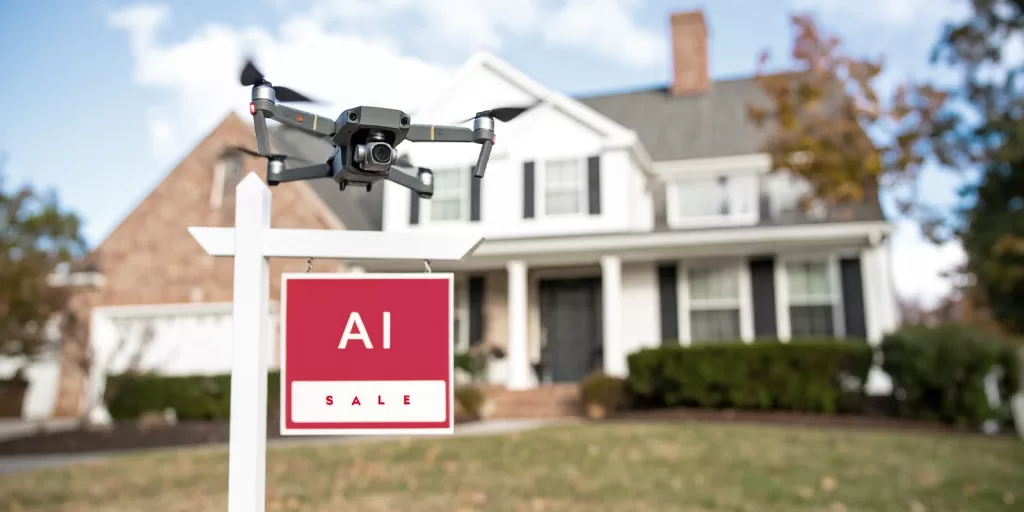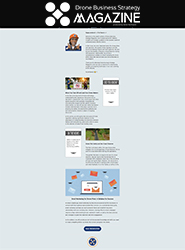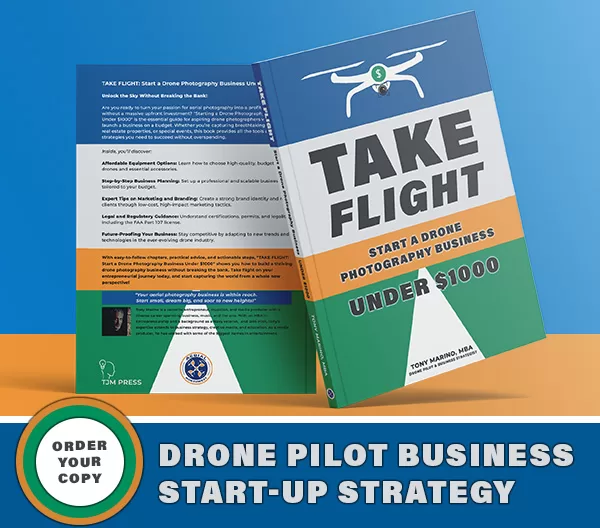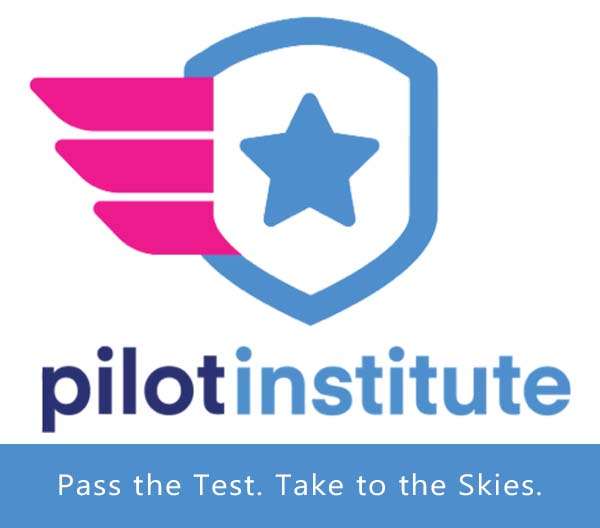
The world of real estate is on the cusp of a dramatic shift. As AI continues to evolve and become more ingrained in the industry, it is set to disrupt many traditional roles—none more so than the real estate agent. While it might sound far-fetched today, AI’s increasing capabilities are positioning it to become the dominant force in real estate transactions, potentially reducing or even eliminating the need for human agents between buyers and sellers. For drone service providers in the real estate market, this seismic change represents both a challenge and an opportunity.
In this article, we’ll explore how AI could fundamentally reshape real estate transactions and what this means for the future of drone services in the industry.
The Rise of AI in Real Estate
Over the last decade, AI has been transforming industries from healthcare to finance, and real estate is no exception. AI-powered tools are already streamlining tasks that once required human expertise, such as:
- Property Valuation: AI systems use vast amounts of data to determine market values with precision, eliminating the need for human appraisers.
- Virtual Tours and AR: AI enables fully immersive virtual tours using augmented reality (AR) to let potential buyers experience homes remotely, without needing a real estate agent to guide them through the property in person.
- Document Automation: From generating contracts to conducting background checks, AI tools are automating much of the paperwork traditionally handled by agents.
- Market Analysis & Predictions: AI’s ability to analyze market trends, consumer behavior, and local data is making it easier for buyers and sellers to make informed decisions without relying on a human agent’s intuition.
As these systems improve, buyers and sellers will increasingly look to AI not only for its accuracy but also for its ability to reduce costs, mitigate risk, and speed up the transaction process.
The Decline of the Traditional Real Estate Agent
Historically, real estate agents played a central role in connecting buyers and sellers, negotiating deals, and providing guidance throughout the process. But as AI grows more sophisticated, the need for human interaction in these areas is diminishing.
- No More Bias or Emotional Manipulation: Traditional agents can be influenced by emotions or personal incentives. AI, however, operates on data-driven facts, free from bias or emotional influence. Buyers and sellers will trust AI to give them the most accurate and unbiased advice possible.
- Lower Transaction Costs: Human agents typically earn a commission based on the sale price. As AI handles much of the work traditionally done by agents, the cost of real estate transactions could drop dramatically, making the process more affordable for buyers and sellers.
- Faster, More Efficient Transactions: AI can process data, offer suggestions, and handle paperwork in real time, making transactions quicker and more streamlined than ever before.
While these shifts might initially seem threatening to real estate professionals, they also open up new opportunities for drone service providers to adapt and thrive.
How AI’s Impact on Real Estate Will Affect Drone Service Providers
The question that drone entrepreneurs must now ask is: How will this AI-driven future affect my drone business, specifically within the real estate market? The answer isn’t as simple as “AI will replace me.” In fact, the truth is far more nuanced.
While AI may significantly reduce the need for human real estate agents, AI will still rely heavily on visual content—including drone photography and video footage.
Here’s why the demand for drone services is unlikely to disappear, even as human agents become less central in the buying and selling process:
1. AI Needs High-Quality Imagery to Function
AI tools that analyze and value properties rely on high-quality, detailed imagery. While AI can process data points and market trends, it needs clear, high-resolution images to accurately assess property condition and features.
- What this means for drone services: Drones will remain integral to creating the stunning visuals that AI needs to operate effectively. Whether it’s aerial photos, video footage for virtual tours, or 3D models, drones will continue to supply the essential imagery that AI uses to evaluate and market properties.
2. Virtual Tours Require Realistic, High-Quality Aerial Footage
With AI increasingly handling property showings via virtual tours and augmented reality, drone footage will play a key role in these experiences. Drones can capture 360-degree views, showcase the surrounding landscape, and highlight key architectural features in ways that ground-level photography cannot.
- What this means for drone services: Real estate businesses will still need drone services to provide the immersive, high-quality content required for virtual tours. Whether for residential or commercial properties, drone video footage will enhance the virtual experience, making it as close to in-person as possible.
3. Differentiation in a Crowded Market
With AI automating many aspects of the real estate process, the competition among properties for attention will only increase. Listings that stand out visually will have a competitive advantage. Drone photography and videography offer a unique way to make a listing pop, particularly for higher-end properties or areas with stunning landscapes.
- What this means for drone services: Drone operators who specialize in creative real estate media—such as drone photography, aerial video, and even 3D modeling—will still be highly valued. While AI may handle the logistics, it’s the compelling visuals that attract buyers. Drones help properties stand out, even when AI is handling the majority of the transaction.
4. Data-Driven Real Estate Marketing
AI can optimize marketing strategies for real estate listings, but even the most advanced algorithms require attractive content to drive engagement. Drone operators can provide high-quality media that works in tandem with AI marketing systems to reach the right buyers at the right time.
- What this means for drone services: Drone operators who understand how to work with AI-powered marketing tools will be well-positioned to offer integrated services. Providing custom media for AI-driven campaigns could be a significant growth area for drone entrepreneurs.
Adapting Your Drone Business for the AI Future
To stay relevant in an AI-driven real estate market, dronepreneurs will need to adapt their services. Here are some ways to future-proof your business:
- Specialize in High-Quality Visual Content: Focus on capturing the highest-quality aerial imagery that AI tools will rely on for property analysis and virtual tours. High-definition video, 3D models, and stunning aerial shots will remain in demand.
- Embrace Virtual and Augmented Reality: Partner with real estate firms to create VR/AR experiences using drone-captured footage. This could include virtual property tours or enhanced staging that utilizes your drone imagery.
- Stay Current with AI Trends: Understand how AI is being used in real estate marketing and property evaluation, and position your services to complement these technologies. For example, integrate AI-driven marketing with your drone media to help clients reach more prospective buyers.
- Offer Unique Content: In a future where real estate transactions are more automated, creativity will be a key differentiator. Provide unique perspectives, storytelling through drone footage, and customized aerial shots that go beyond what AI can generate on its own.
- Offer Value-Added Services: Provide additional services such as property inspections, roof surveys, or post-processing services for virtual tours that enhance the AI-driven experience.
Takeaway: The AI Opportunity for Drone Service Providers
While AI is set to transform the real estate industry, it won’t eliminate the need for drone services. In fact, it may increase demand for high-quality visual content as AI-driven tools depend on clear, detailed imagery to make decisions and create virtual experiences. Drone service providers who understand the evolving landscape and position themselves as key players in the AI-powered real estate ecosystem will continue to thrive.
Embrace the AI revolution, adapt your services, and collaborate with the future of real estate—because the sky’s the limit for dronepreneurs who can capture it all from above. 😉 T
If you have any questions, let us know! If you’d like to hire us, you can get more information here.
Written by: Tony Marino, MBA – FAA Certified Part 107 Commercial Drone Pilot and Chief Business Strategist at Aerial Northwest
Disclaimer: The information provided in this blog post is for general informational purposes only and should not be construed as legal advice.
Drone Pilot MBA (Podcast):
The Future of Real Estate: AI’s Impact on Drone Services
Resources
FAA Resources: FAA DroneZone
Article: What Does it Mean to Decode the Drone Industry?
Article: Pitch Perfect: Guide for Drone Pilots to Get Jobs
Drone Service Providers Alliance
Commercial Drone Alliance
Starting Your Own Drone Service Business
Pick up your copy today on Amazon and wherever fine books are sold.

DRONE BUSINESS STRATEGY MAGAZINE
A free digital publication made exclusively for all small business drone pilots to them help start-up, become profitable while sustaining a competitive advantage within the drone service industry sector they opt to serve.
“If you love to fly, we’d love to have you come aboard!”
We share your information with no one. Our Privacy Policy.










Leave a Reply
Your email is always safe with us.